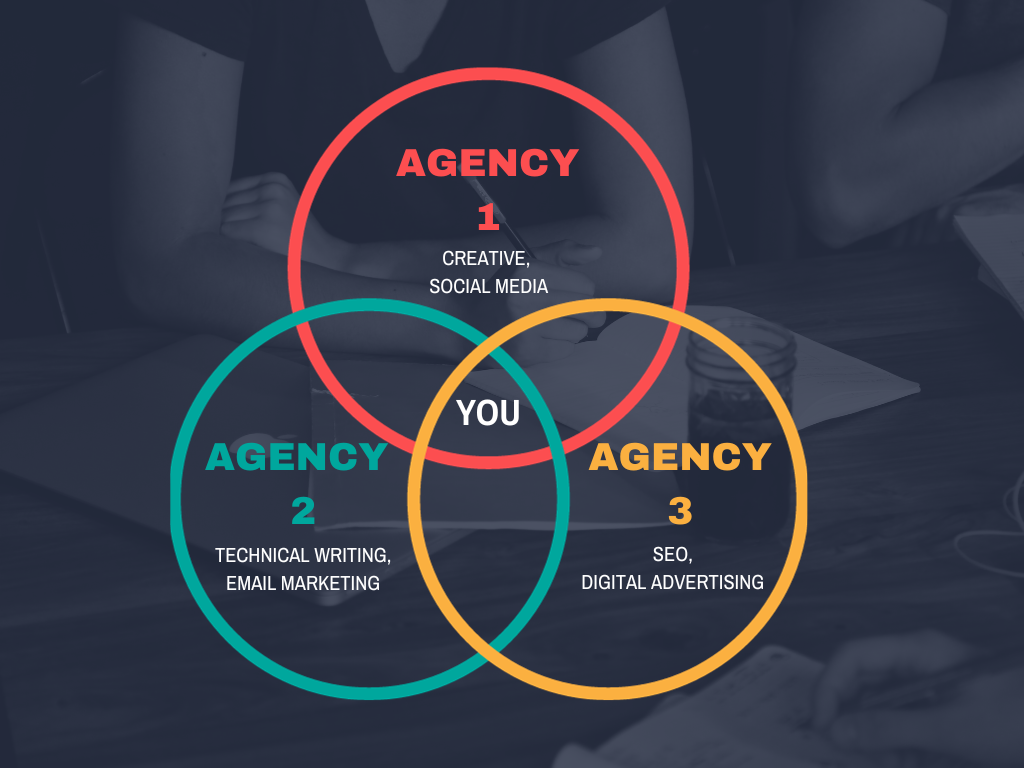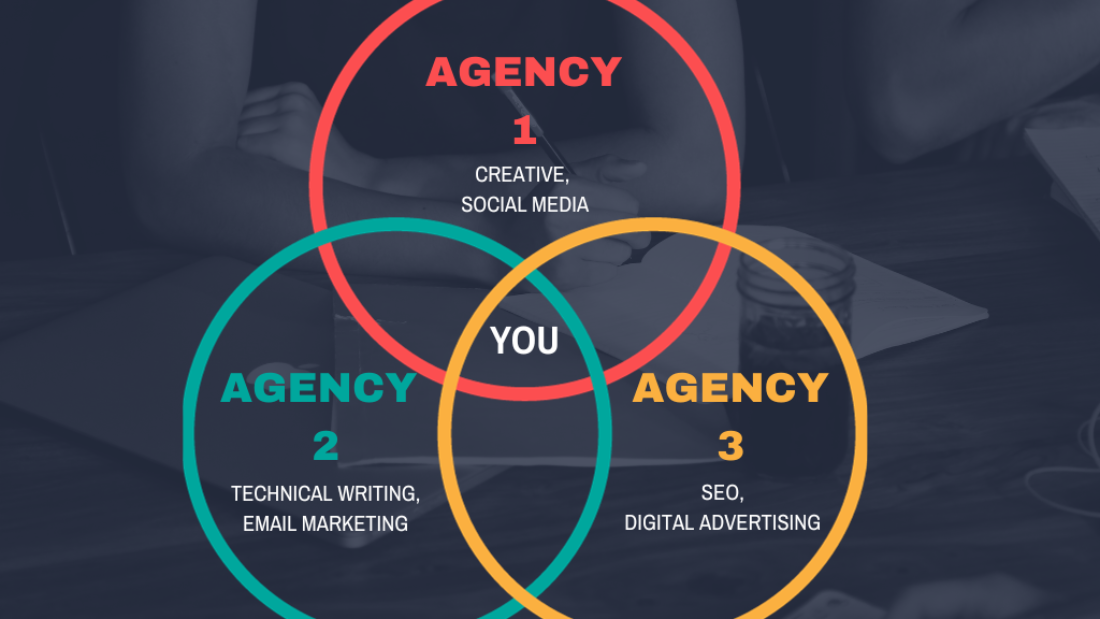When all you have is a hammer, everything is a nail.
If you’ve ever shopped for a marketing agency or outsourced marketing solution, you probably did the smart thing and interviewed 3 or 4, or maybe more. And you likely saw very different scopes of work, pricing, strategies across all of those. How did you know which agency to trust? Perhaps you chose the agency with the most dynamic or charismatic owner or salesperson. Or, maybe one of those agencies dazzled you with a piece of technology or promises of ROI in a short period of time. Or perhaps you just posted those proposals on a dart board and let fate decide.
The reality is, most marketing agencies will fit you with the solutions they are most interested in providing to you. For instance, if the agency’s strength is SEO and digital advertising, that’s likely what you’ll see in their proposals. Conversely, if the agency’s strength is creative work, you’ll see proposals with a heavy emphasis on this.
But, in the end- one thing remains true, the focus is not on you or your goals, the focus is on the agency and their capabilities. This is why it’s important to have an advocate on your side, who can suss out the capabilities of the agencies- after your Blue Sky strategy is developed.
Agencies rarely disclose their niche.
In an effort to attract new business, agencies often position themselves as “all things to all people” or “full service”. You may be talking to an agency who has a 80-90% client base consisting solely of…fill in the blank, (landscaping companies, car dealerships, dentist offices, manufacturing brands)- but if you are outside of that client profile, they will often still try to sell you on their agency. If you choose one of these agencies and you are far outside of that client profile, your work with that agency is almost certainly doomed from the start. You’re now on a “whack-a-mole, hang on to the client for dear life for as long as we can” treadmill that will not end well. The result is not good for the agency or you, the client. You may even leave bad reviews about the agency or even enter into legal disputes. But the reality is, the agency wasn’t bad- they just weren’t right for you.
Every agency is good at something.
Well, almost every agency.
If you’re talking to an agency that’s been around for several years, there’s a good chance that they’re very good at something. Maybe they’re excellent website developers, or copywriters. But, as business owners often do, they try to grow their capabilities to meet their clients’ needs. The growth of agency capabilities are often dictated by the largest, highest paying clients within that agency. Which means, if that’s you, you’re the guinea pig, and you’ll never know it.
At The Marketing Agent, we only match you with agencies with proven success to meet your needs, on every level (industry, budget, tactic, timeline).
Client expectations.
Clients often sign agreements with marketing agencies without properly level setting expectations with that agency. This is the fault of both the agency and the client, and this usually results in a fall out and an early termination of your contract, and little to no ROI. At The Marketing Agent, before we match you with any agencies, we walk you through a “How to get the most from your marketing relationships” course. The goal is to leave nothing to the imagination, which means no unsaid expectations or assumptions. All cards on the table.
Most agencies outsource.
It is extremely common that a “full service” agency is made up of 2, 3 or 4 people, especially those looking to serve the SMB market.
Those people likely have titles like “Account Manager” or “Partner”.
Here’s what often happens in those scenarios:
Dynamic agency owner or “Partner” approaches you with some great ideas, wins your trust and signs an elaborate marketing contract with you, consisting of creative work, branding, copywriting, web design, SEO, digital advertising and social media management. Your ticket price is $6,000/ mo, plus ad spend (digital media).
You’re then passed off to an “Account Manager” who emails you a few times a month and has a status call every couple of weeks or so.
A few months go by and you realize there’s no traction in your marketing. No leads, no new business, nothing to show for your investment so far. You start asking questions like “should we change the SEO or advertising strategy?”
The agency gives you excuses as to why your marketing isn’t performing. And they may even begin blaming you for the lack of results. You didn’t approve things in a timely manner, you didn’t respond to their last email, etc.
Here’s the reality of what’s happening behind the scenes:
No one in the agency was an expert in what they sold you.
Meaning, that expensive SEO package you bought from them? Well, that’s being executed by an offshore team. The ad management package they sold you? That was thrown to a freelancer who does their ad work.
There is no quality control of the work of that agency, because there’s no expertise to oversee it. And they’re keeping large margins of profit all along the way.
Please don’t think I’m trying to scare you from using a marketing agency. There are some amazing agencies out there, I know many. Our mission is to help you avoid choosing the wrong agency and all the headaches and costs that come with it. Growing your business and Matching Your Mission To Marketing Mastery is the goal.






